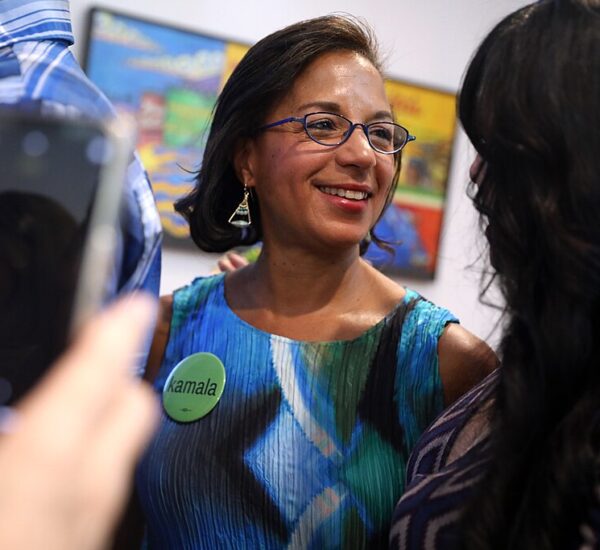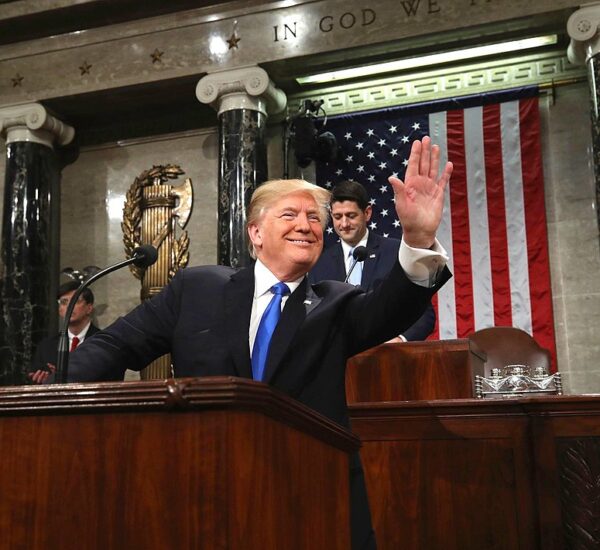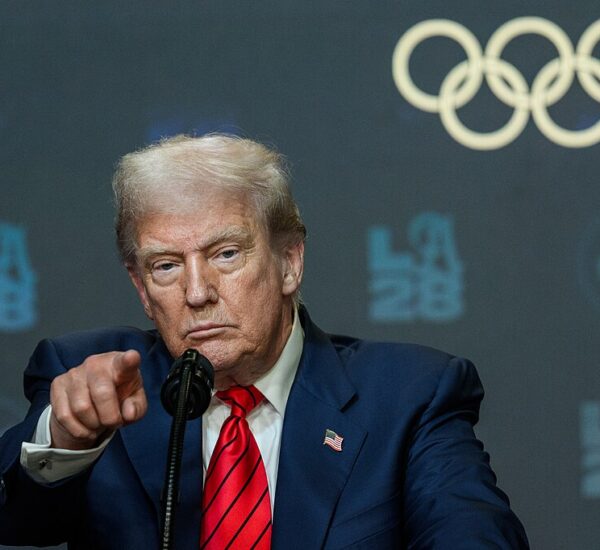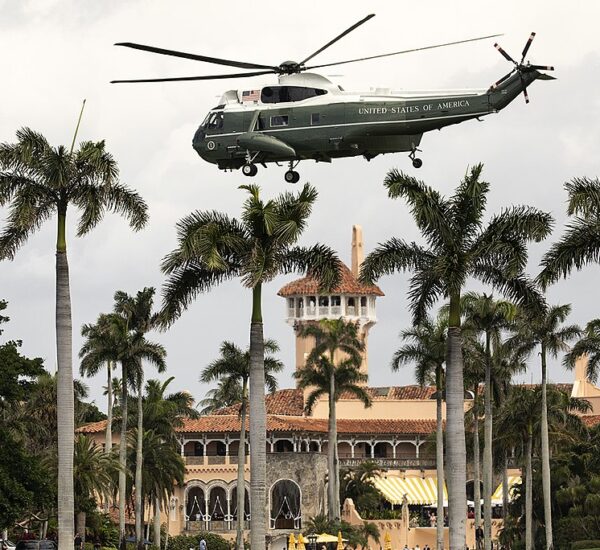Democrats are panicked.
The Supreme Court is set to take on a landmark case that could dramatically expand President Trump’s authority over unelected bureaucrats in Washington, D.C. — and potentially reshape the balance of power in America for generations.
At the center of this legal showdown is a 1935 decision, Humphrey’s Executor v. United States, which for decades has shielded so-called “independent agencies” like the Federal Trade Commission (FTC) and Securities and Exchange Commission (SEC) from direct presidential oversight.
Hans von Spakovsky, a senior legal fellow at the conservative Heritage Foundation, says that old precedent is now “on life support.”
Von Spakovsky told Fox News Digital that the Constitution clearly establishes the president as the leader of the executive branch. He compared the role to that of a CEO who oversees every division of a company, arguing that the president must have authority over all parts of the government. He added that Congress should not be allowed to create pockets of power where unelected officials can exercise executive authority without being held accountable.
Trump Challenges the Deep State
This case stems from President Trump’s decision to fire Biden-appointed FTC commissioner Rebecca Slaughter shortly after taking office — without giving a specific reason.
For decades, commissioners like Slaughter were protected by law, serving seven-year terms and only removable for serious misconduct or negligence. Trump’s move directly challenged that system, striking at the heart of unelected Washington power.
In a 6-3 emergency decision, the Court sided with Trump — for now — allowing the firing to stand while justices take a deeper look at whether the 1935 precedent should be narrowed or overturned entirely.
A final ruling is expected next year. If Trump wins, presidential power over federal agencies will be permanently expanded, changing how Washington operates forever.
Why This Case Matters to Every American
Legal experts warn that this fight goes far beyond the FTC.
Joshua Blackman, a constitutional law professor, explained that a ruling in Trump’s favor would likely affect many other powerful agencies, including labor boards and financial regulators.
“This ruling will ripple well beyond the FTC,” Blackman said. “The only real question is whether the Federal Reserve is treated differently because of its unique structure.”
The Court has hinted that the Federal Reserve could remain a special case, calling it a “quasi-private” institution with deep historical roots. A separate case involving a Federal Reserve governor’s firing will test that question.
For everyday Americans, this decision could directly impact issues like inflation, banking, jobs, and even healthcare, because these agencies touch nearly every part of modern life.
Trump’s Bold Vision for a Unitary Executive
For years, conservatives have fought for a “unitary executive” model, which means the president has full control over the executive branch, just as the Founding Fathers intended.
President Trump has led the charge, repeatedly vowing to dismantle the Deep State and hold unelected bureaucrats accountable to the voters.
Chief Justice John Roberts has signaled support for this view. In a 2020 case involving the Consumer Financial Protection Bureau (CFPB), Roberts explained that under Article II, the president has the authority to remove officials and oversee anyone exercising executive power on his behalf, as this responsibility flows directly from the Constitution’s text.
Von Spakovsky sees the current case as the natural next step:
“The president can’t do his job if faceless commissioners are running agencies like their own kingdoms,” he said. “Accountability must come from the top — and that top is the president.”
Critics Push Back
Predictably, critics are sounding alarms. Jed Shugerman, a Boston University law professor, accused Trump of pushing “lawless authoritarianism” by removing officials without cause.
But supporters counter that bureaucratic overreach is the real danger — unelected officials wielding power over Americans without any democratic accountability.
John Shu, a constitutional expert who served in both Bush administrations, said the FTC today is far more powerful than it was in 1935, when the precedent was first established.
“The FTC now has the power to investigate, issue subpoenas, bring lawsuits, and levy massive fines,” Shu explained. “It acts like a mini-government of its own — executive, legislative, and judicial all rolled into one.”
The Stakes Couldn’t Be Higher
If the Supreme Court rules for Trump, it would be a historic victory for conservative governance and a major blow to the Deep State.
It would mean unelected bureaucrats could no longer defy a duly elected president, ensuring that policies and laws are enforced by those who answer directly to the American people.
For Trump’s supporters, this case isn’t just about legal theory — it’s about restoring freedom, accountability, and the rule of law.
Bottom Line
This is one of the most consequential Supreme Court battles in decades.
A ruling in Trump’s favor would permanently shift power back to the presidency and redefine the federal government’s relationship with the people.
As the Court prepares to hear arguments, one thing is clear: America’s future is on the line, and the outcome will shape the nation long after Trump leaves office.






